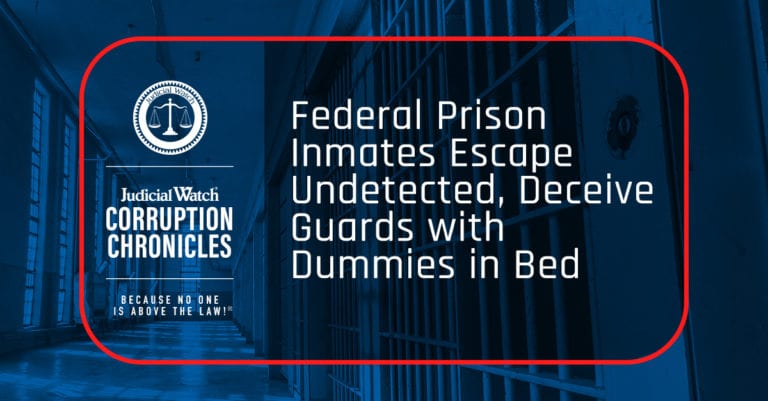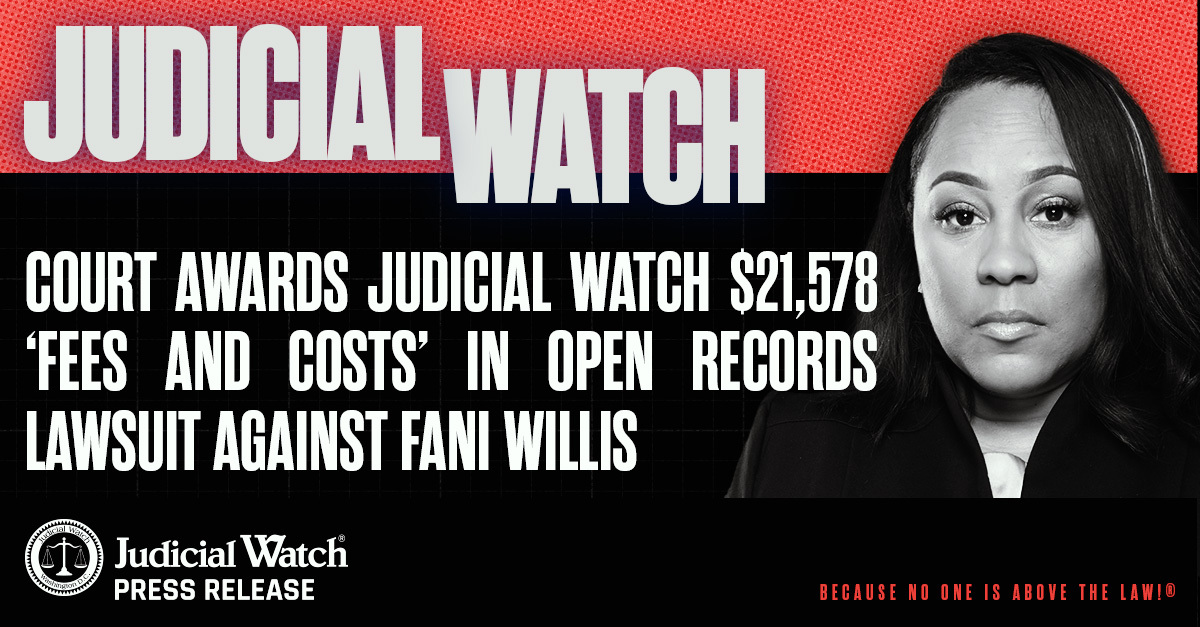

Federal Prison Inmates Escape Undetected, Deceive Guards with Dummies in Bed


The nation’s federal prison system is in hot water again, this time for security failures that allow inmates to escape undetected. In some cases, the prisoners who slip away place dummies in their bed to deceive correctional officers and in other instances they simply have other inmates pose as them during counts. Details of the breaches are offered in a Management Advisory Memorandum issued this month by the Department of Justice (DOJ) Inspector General (IG). The document focuses on the Federal Bureau of Prisons (FOB) minimum security facilities, known as Federal Prison Camp (FPC) and Satellite Prison Camp (SPC) locations. The watchdog’s findings should embarrass FOB officials at every level. “Gaps in security at FPCs and SPCs present risks that inmates will escape and, if they return, smuggle contraband back into facilities undetected, which endangers the community, other BOP inmates, and correctional staff,” the IG writes in its memo to prison officials.
Seven of the FOB’s 122 facilities are minimum security and fall under the category of FPC. They have dormitory housing, a low staff-to-inmate ratio and limited perimeter fencing. SPCs are small camps adjacent to the main facility and provide inmate labor to the main institution, according to the FOB website, as well as off-site work programs. Security weaknesses found by investigators vary by facility and are serious enough to enable inmates to escape undetected. They include unsecured outer building doors within some FPCs and SPCs, even during times when inmates were not permitted to move freely; door locks and sensors that were susceptible to tampering, thus leading to alarms failing to function when locked doors were opened without authorization; limited or no outer perimeter fencing; and limited video surveillance. The lapses allowed four inmates at a Beaumont, Texas facility to slip away undetected for more than 12 hours despite three overnight inmate counts conducted by officers. “The evidence showed that the 4 inmates escaped the facility after the 4:00 p.m. stand up count (for which they were present) and that, despite the Correctional Officers conducting counts at 12:00 a.m., 3:00 a.m., and 5:00 a.m., they were not discovered missing at those times,” the management advisory memo states.
Incredibly, investigators found that correctional officers did not violate policy because they were essentially fooled by the inmates. “The evidence showed that the inmates who escaped may have had other inmates pose as them or placed dummies in their beds to deceive Correctional Officer during nighttime counts,” the DOJ IG memo says, adding that “evidence showed that the Correctional Officers likely complied with BOP and FCC Beaumont policy when conducting the nighttime counts.” This indicates that standards are quite low for trained federal prison officers so easily duped by the convicted criminals they are charged with guarding. The DOJ watchdog seems to defend the officers, instead attributing the lapse on “security concerns that enabled the inmates’ escape.” Furthermore, BOP policy discourages correctional officers from using excessive light when conducting inmate counts allowing inmates to deceive officers into counting them when they are not actually present, the DOJ IG reveals. “We were told that as long as inmates return to their assigned building and bunk before the correctional officers conduct stand-up inmate counts, they can escape the SPC undetected,” according to the advisory memo.
The minimum security report comes on the heels of a more serious lapse involving the FOB’s failure to monitor terrorist inmates amid a huge spike in radicalized convicts in its custody. Part of the nation’s federal prison system is to keep America safe by, among other things, monitoring all social communications of high-risk inmates, especially those with terrorist ties. It is a crucial part of the BOP’s duties considering that in the last decade the number of inmates with known links to terrorism increased by an astounding 250%. Incredibly, the BOP, which has a $7.1 billion annual budget, doesn’t adequately check the communications of terrorist prisoners and hasn’t even bothered identifying all terrorists in its custody, according to a report issued earlier this year by the DOJ IG. Even when the BOP monitors the communications of high-risk inmates, it does not do it consistently and the inspector general found that “thousands of terrorist inmate communications” are only partially checked. Investigators offer the consequences of this negligence, writing that the disbursement of sensitive information—including videos, pictures, and other documents—helps “radicalize other inmates.”
Less than a year earlier the BOP came under fire after its elite riot teams committed embarrassing gaffes during training exercises that made the highly trained officers seem like amateurs. BOP staff members were seriously injured because there was “inappropriate and dangerous” use of force and pepper spray during the mock exercises, according to an audit conducted by the DOJ IG. The units, known as Special Operations Response Teams (SORT), gained national media attention because they were deployed by the attorney general to respond to violence and looting after George Floyd’s death. They are specialized tactical squads trained to respond to emergency situations such as prison riots, hostage taking, assaults on jail staff and inmate escapes. All federal prisons have their own SORT and they usually have 15 members led by a commander or captain.















